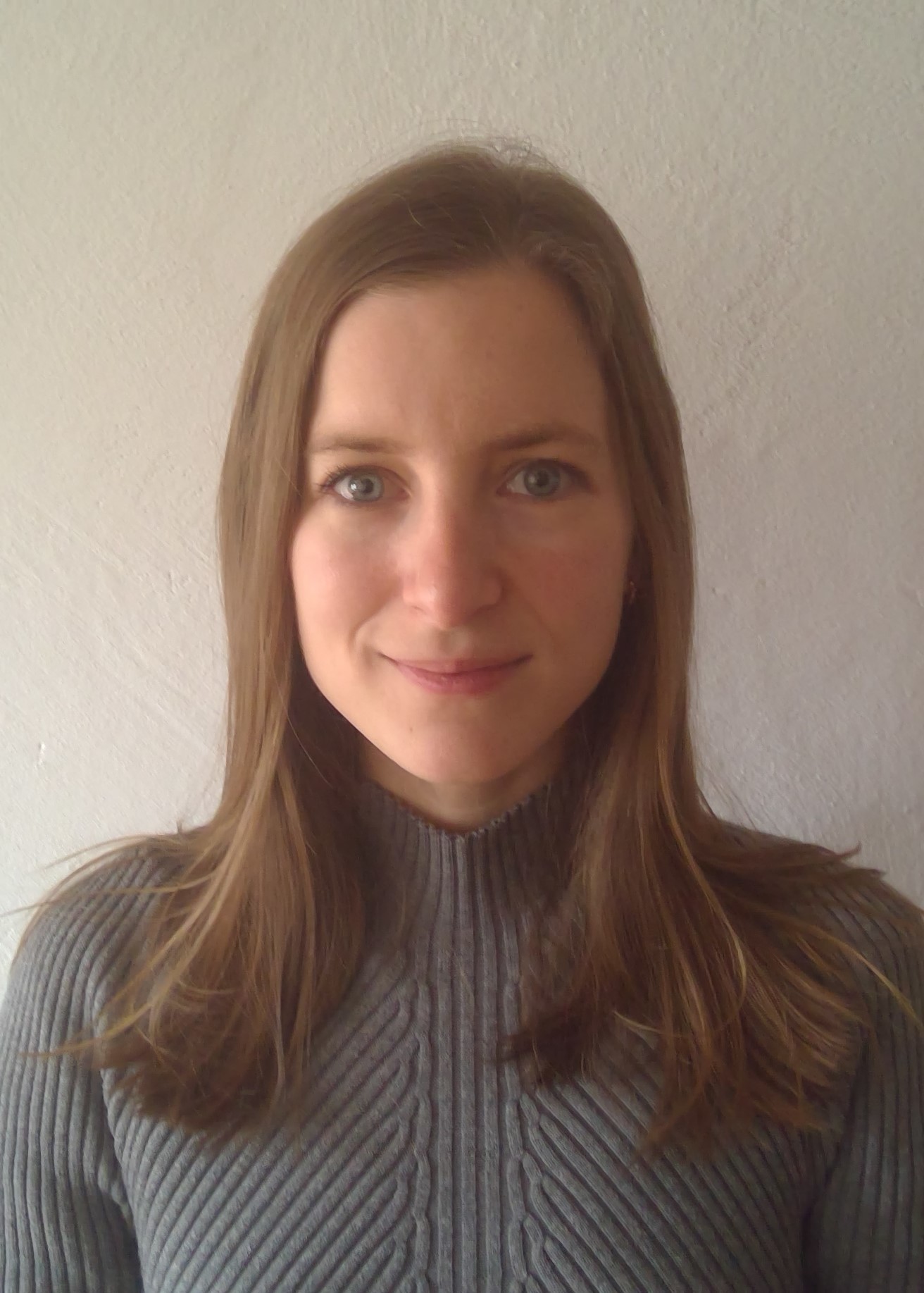Maria Fumanal
She is a “Ramón y Cajal” researcher in the field of computational chemistry.

- Did you have any role models/referents growing up? Were they women? Were they from the scientific ambit?
I think my parents were my main referents growing up. They both worked very hard in the pharmaceutical industry and, because I was pretty much interested in science, when I was a child I thought I would finish working in something similar. I didn’t have the impression as a child in my surroundings that men were doing certain jobs and women others. However, once grown up I realized that women were not promoting themselves that much at that time.
- Did you always think that you would get where you are now in your scientific career?
Not really. When I was finishing the Degree in Chemistry I was very hesitant about what to do next. I thought I would go to work to a chemical or pharmaceutical company as my colleagues were doing, rather than continuing in academia doing a PhD and ultimately becoming a researcher. I have been very lucky to have opportunities and very supportive supervisors, men and women, that have helped me during this process and to whom I am incredibly thankful.
- Did you think, somewhere along the way in your career, that pursuing a career in science was not possible for you, given the gender gap?
Not because of the gender gap but at some point I thought it was too competitive to find a stable job in academia and when I was thinking about alternatives, I was considering leaving science and going more towards high school teaching or project management, which I still like, because I didn’t see myself with the technical skills to continue science in the private sector. However, I have seen a lot of people (including women) leaving academia and being very successful in the private sector.
- To what extent do you think the male predominance in science conditions scientific research and disclosure? Has the situation gotten worse, better or has it stayed the same since you started your career?
Certainly, setting aside half of the population in any field does not seem a good idea for its progress. When I started there was already a lot of women Professors working in the department where I did the PhD, however I think maybe none or 1 was Full Professor. Now 12 years later, this has changed and more women are being promoted to Full Professors.
- Did you have any problems or challenges in your career because of your gender?
So far I didn’t. I had gotten the same opportunities than all my men colleagues. I once told this to a gender equality coach and she told me that I may struggle more when trying to reach higher positions. I know this has happened in the past, but I am very optimistic about the future. There is no point on going backwards and we will reach the day in which we will no longer discuss about gender equality because it would be the norm. Of course I know the rate at which ideal gender equality happens would depend very much in where are you in the world.
- Send a motivational message to those little girls and young women who want to pursue a career in science but have doubts because of the gender gap or what their environment tells them.
Do what like you most. Don’t set aside science if you like it because you will miss all the fun and the world is missing all your potential. You don’t have to be the most intelligent or have the best technical skills to do science. Science is about curiosity and creativity also.
